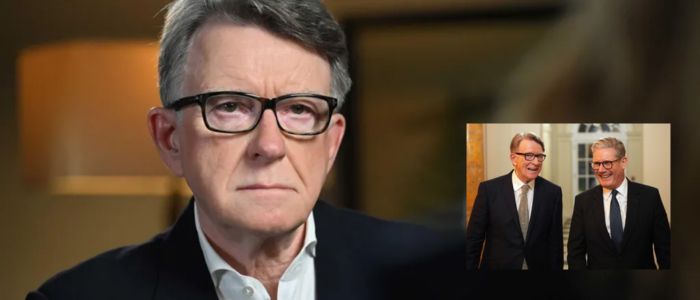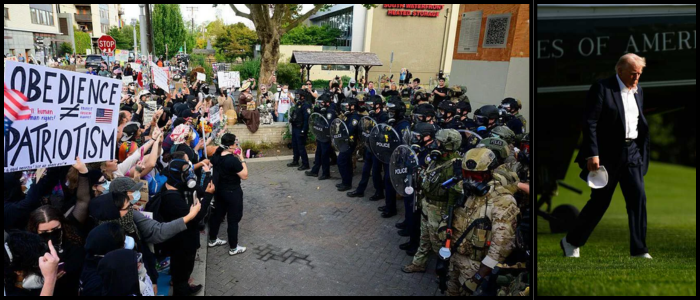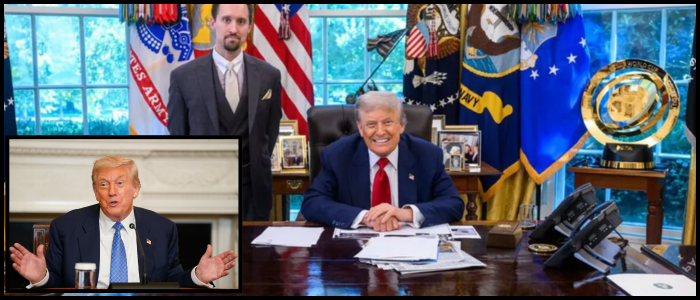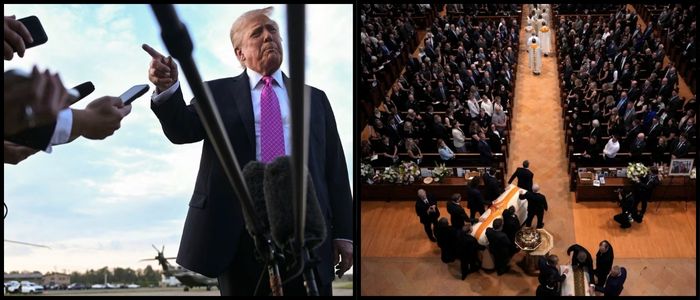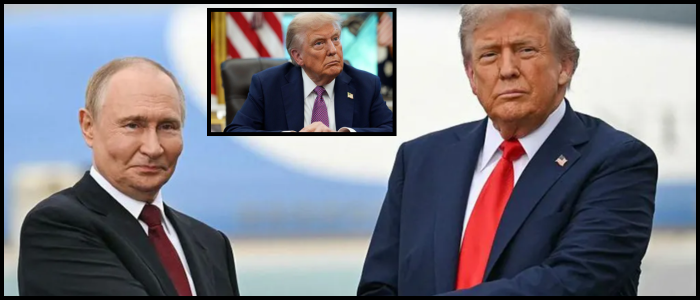He mentioned pressing business in the Middle East. Scheduled to leave on Tuesday, Trump was so disturbed that he cut his visit short and hunkered down at the McLean, Va., offices of the Central Intelligence Agency to figure out what to do about the conflict, tweeting to Iranians to “immediately evacuate” Tehran via social media.
He suggested that Iran could be willing to negotiate, and said talks would resume as soon as he returned. Add Trump’s move to meetings in Kananaskis with world leaders, in which he dropped hints that a deal with Iran was being contemplated.
Diplomacy and Security Initiatives
Trump has dispatched his Middle East envoy, Steve Witkoff, to look for talks with Iranian officials. As missile attacks between Israel and Iran rage on, he said his aim was to advocate for a diplomatic solution. While the White House confirmed that U.S. forces were not taking part in the attacks alongside Israel, Trump stressed that Iran could not be permitted to obtain nuclear weapons.
He continued to keep his options open about whether the United States would enter the conflict with military force.
During the summit, Trump signed on to a revised G7 statement endorsing Israel’s claim to self-defense and encouraging peace and the protection of civilians. The statement blamed Iran for regional instability and reiterated that Iran should never have a nuclear weapon.
Allies Feuding Over Russia’s Role
Trump’s presence at the G7 also reignited arguments over Russia. He denounced the bloc’s move to eject Russia in 2014, suggesting if Moscow had been kept involved, there might have been a way to prevent the contemporary round of conflicts.
French President Emmanuel Macron felt differently and said Russia’s role as an invader of Ukraine precluded any position as a mediator against Iran or Israel.
The summit laid bare stark disagreements among the world’s leaders, not least over American strategy in the Middle East. European leaders pushed Trump to clarify his strategy for defusing the crisis, and wondered if the U.S., in turn, would pressure Israeli Prime Minister Benjamin Netanyahu to stand down.
Trump, who insisted that he and officials including Secretary of State Mike Pompeo had given no orders for the evacuation of the U.S. embassy in the Iraqi capital, also said that while he disagreed with the war’s detractors, he thought Iran was losing and should talk before it was too late, adding that had set a 60-day window earlier this year for Tehran to negotiate.
On the 61st day, Israel initiated unprecedented attacks, hitting Iran’s nuclear and military installations.
Politics
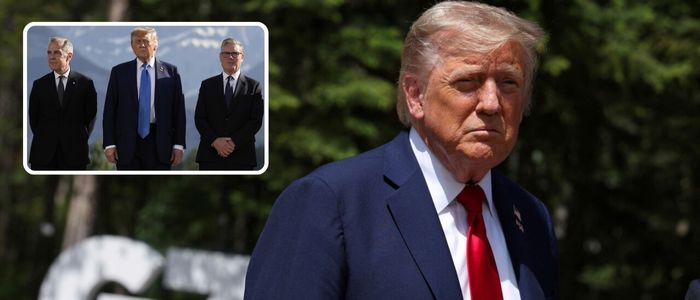
Trump Leaves G7 Early Amid Israel-Iran Conflict Escalation

President Donald Trump is leaving the G7 summit in Canada a few hours early in order to submit directly to the escalating situation between Israel and Iran. Though the summit was being held in the Canadian Rockies, Trump reporters he wanted to get back to Washington “as soon as I can.”








